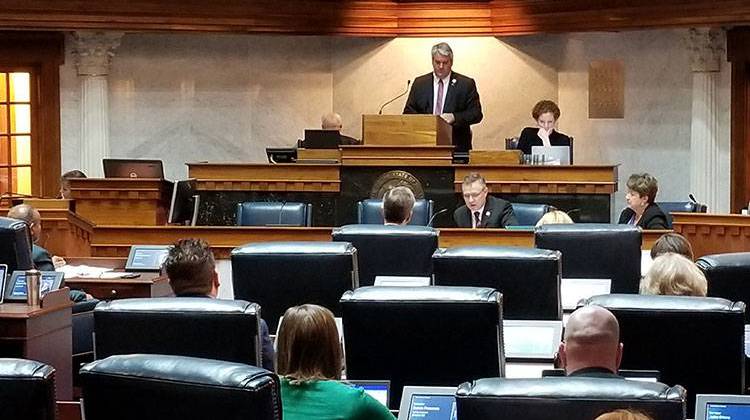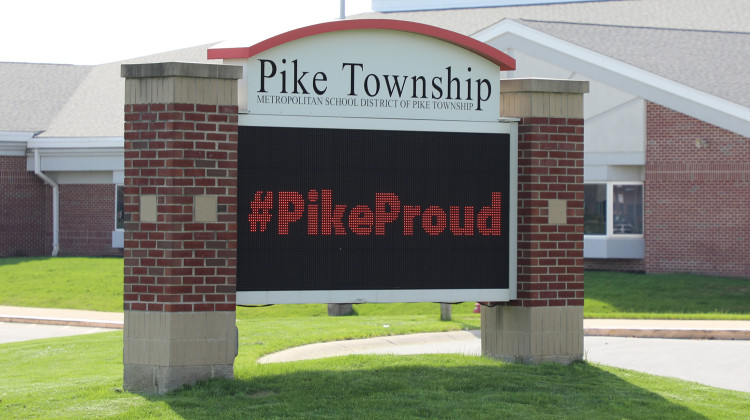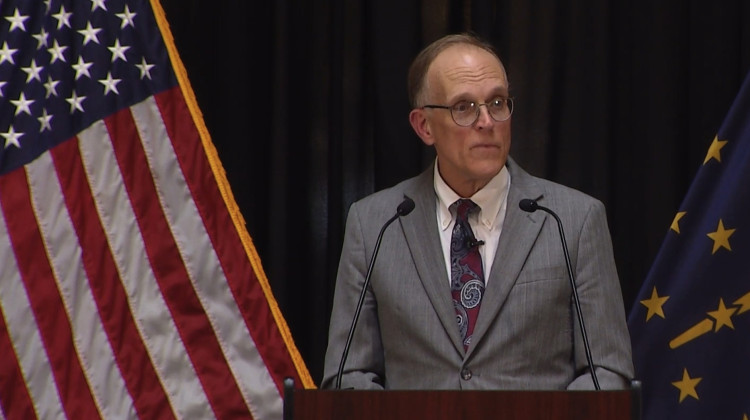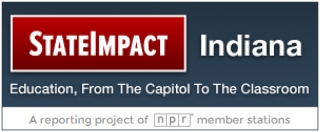
Lawmakers discussed the final version of SB 387, initially focused around teacher licensing, in the Senate chambers Monday.
Jeanie Lindsay/IPB NewsLawmakers from both chambers say they agree on a final version of a teacher licensing bill that stirred controversy in recent weeks.
At first, the bill would have let the state waive some content licensing requirements for new teachers. Then the House changed that measure, to let schools hire a certain percentage of unlicensed teachers. But Sen. Andy Zay (R-Huntington), the bill’s author, says language aimed at getting more teachers fast-tracked into the classroom was too confusing.
“It’s really available right now through emergency permit license, so that part, we took all that language out,” Zay says.
Now, the bill’s teacher licensing rules focus on the state’s career specialist license. House Education Committee Chair Bob Behning (R-Indianapolis) says changes made around career specialist requirements in the House, should remain in the final bill.
“Pedagogy was a requirement so not only did they demonstrate that they had the content but were also able to demonstrate that they know how to teach it,” Behning says.
Zay says supplemental and differentiated pay for some teachers made the final cut, and the bill will also assign a committee to study teacher licensing exams.
Lawmakers will vote on the bill before the last day of the session this Wednesday.
 DONATE
DONATE






 View More Programs
View More Programs



 Support WFYI. We can't do it without you.
Support WFYI. We can't do it without you.